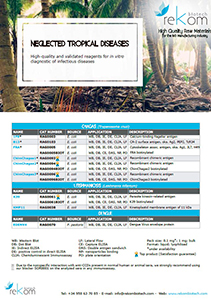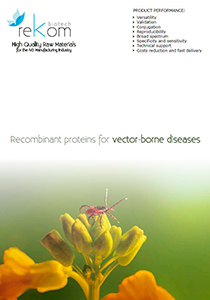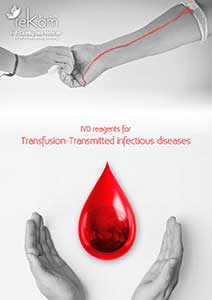Dengue
Dengue is a vector-borne disease transmitted by a virus of the flavivirus family, the so-called dengue virus (DENV). There are four serotypes: DENV-1, DENV-2, DENV-3, or DENV-4, so a person can be infected up to four times in their lifetime. Dengue transmission occurs through the bite of an Aedes species mosquito, but it can also be passed from mother to child. On rare occasions, it can be transmitted through a blood transfusion, organ transplant, or prick with an infected needle. Symptoms can range from mild to severe, requiring hospitalization or even death within hours. The most common symptoms are fever, nausea, vomiting, rash, aches and pains. In the most severe cases, that of dengue hemorrhagic fever and dengue shock syndrome (DHF/DSS), it can cause shock and internal bleeding. Regarding its treatment, there is no specific medication and, as a prevention, it is recommended to avoid endemic areas, protect yourself from mosquito bites and vaccination. The diagnosis of dengue is made by detecting elements of the virus or immune components of human origin produced in response to the virus. Early detection of the disease reduces mortality rates from severe dengue to below 1%.
Dengue is among one of the 20 neglected tropical diseases. It is mainly present in tropical and subtropical climates, but the global incidence of dengue has grown dramatically in recent decades worldwide. Almost half of the world's population lives in areas at risk of dengue. Every year, around 400 million infections occur, 100 million become ill, and 40,000 die from severe dengue. Most people who contract dengue have no symptoms, but it can cause fever, headaches and fatigue. Maintaining surveillance, early diagnosis and timely treatment actions is completely necessary to prevent complications and deaths.
Human infectious disease.
At Rekom Biotech, we desing and manufacture IVD reagents for diagnosis of Dengue. If you do not find what you are looking for, you can request our custom-made recombinant proteins/antibodies service. Do not hesitate to contact us!
How to reconsitute lyophizated vials
Recombinant proteins for the diagnosis of Dengue




